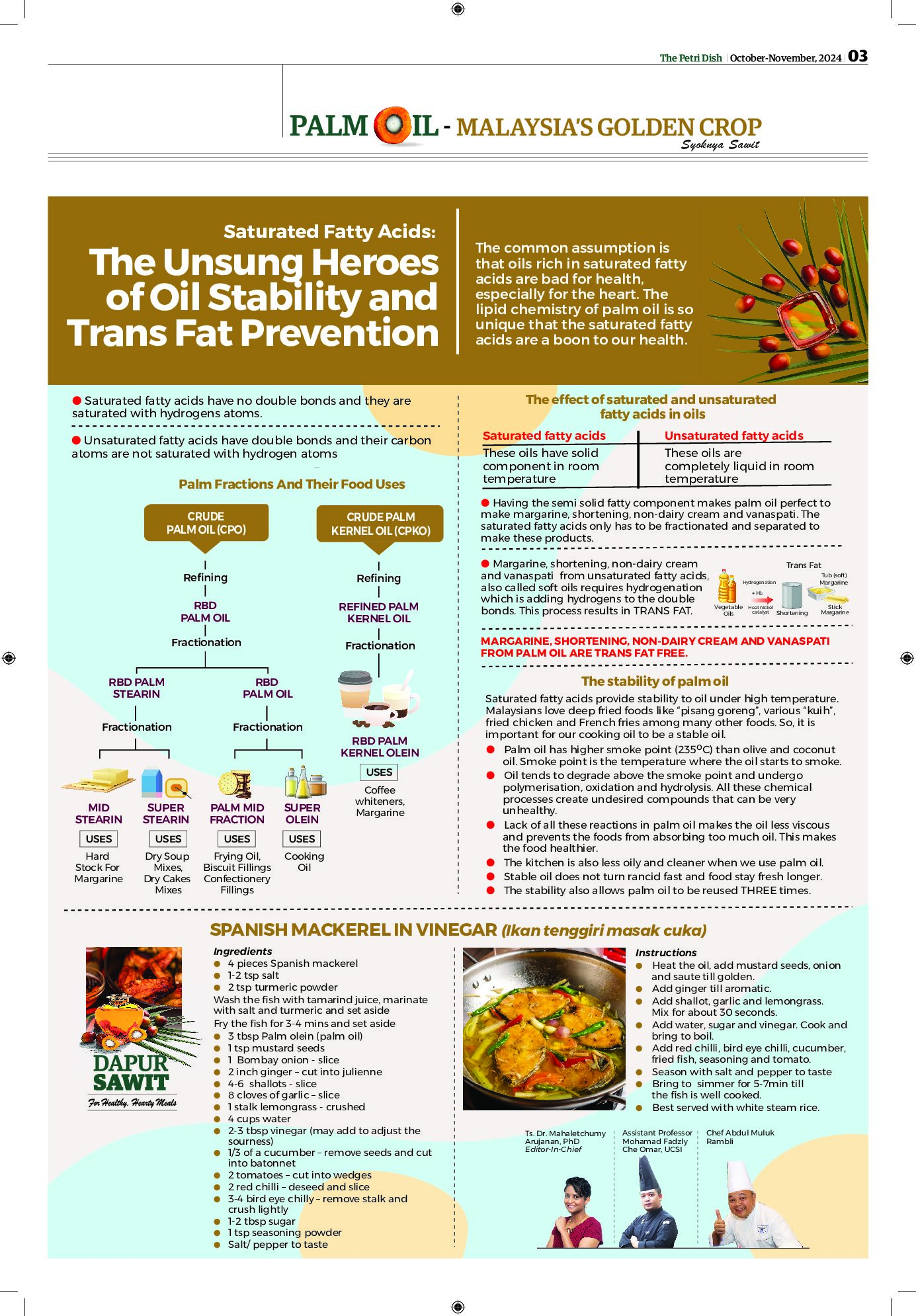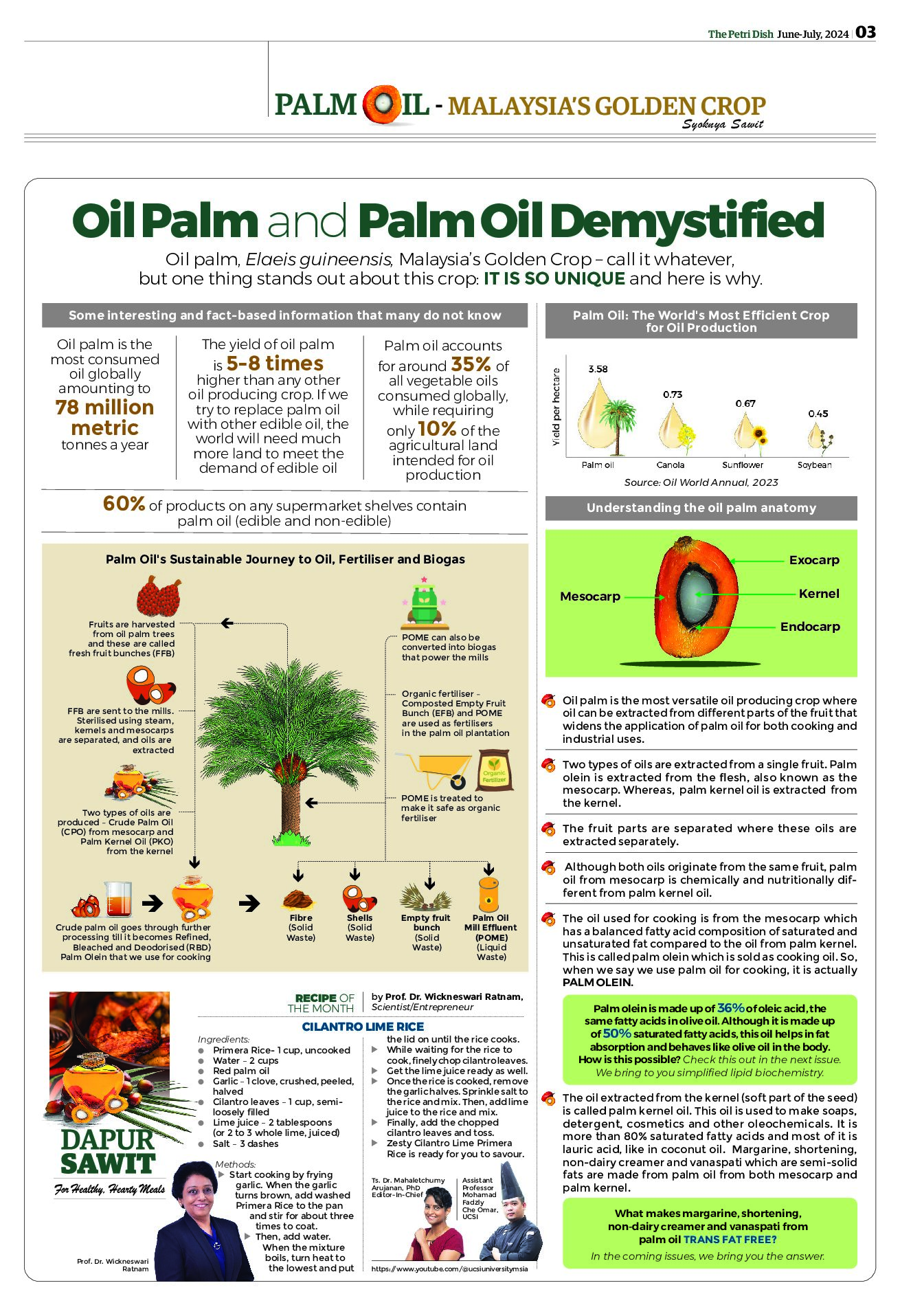A HOMEGROWN aptamer-based biosensor kit to detect sepsis will soon be locally available, after a decade of research. The kit, “SepsiDot” detects sepsis at an early stage and monitors its severity level if the patient requires hospital care. Sepsis, also known as blood poisoning is a common condition that can be fatal. Any common infection has the potential to evolve into severe sepsis.
SepsiDot is the brainchild of Associate Professor Dr Tan Toh Leong, an emergency room physician. Tan also serves as a teaching professor and clinical consultant in Emergency Medicine at Universiti Kebangsaan Malaysia (UKM). With early sepsis detection and treatment, lives can be saved. With this thought in mind, Tan set out to find a faster method of detection. He told The Petri Dish that the current detection method of sepsis is time-consuming.
“In the current method, it takes 48 hours to detect the presence of sepsis. But by using the SepsiDot detection kit, all it takes is just 10 minutes to detect the presence of sepsis in the blood sample. Sepsis can be cured if it is detected at its early stage but subtle symptoms and low public awareness of sepsis are the limiting factors. Although there is a high health literacy on cancer, diabetes, and heart attack, sepsis still remains as a jargon for many patients,” said Tan.
He said many people are unaware that sepsis can turn out to be a killer for patients suffering from chronic illness, the immunosuppressed, the elderly, and people suffering from an infectious condition. He also pointed out a person with sepsis has a 40% mortality rate as the condition causes organ damage at its extreme point.
“It can even go undetected or misdiagnosed among older people,” he said.
Tan teamed up with Biogenes Technologies – a local company specialising in aptamer-based diagnostic tools using biosensors. He said he was looking for better molecular probe to detect sepsis in 2013.
“We started off with enzyme-based probe. After filing the first patent in 2015, we entered into the clinical trial stage for two years until 2017 but the outcome was not as expected. I was almost at the edge of giving up on the research as it consumed a big amount from the grant given.”
After meeting Tang Kok Mun, the Chief Executive Officer of Biogenes, Tan realised that aptamers will be a perfect fit to develop SepsiDot and with high accuracy. He said the aptamer became the game changer in this research because of its higher accuracy and stable nature compared to animal-derived antibodies.
“It can recognise and bind to the target molecules with high selectivity and affinity which speed up the entire research work. Besides, achieving better sepsis management, the success story of SepsiDot also enhances academic-industry partnership which brings more cross-cutting research to the market.”
Tan hopes that this rapid detection kit will help to reduce the health inequality gap.
“We are hoping to distribute the kits to old folks’ homes and areas with limited health facilities as aging people face a higher risk of sepsis. The research to develop the kit is in the clinical trial stage and is being tested on 800 patients. Once the product is market-ready, it will be launched to the general practitioners first so sepsis treatment can begin from outpatient clinics,” said Tan.
“My aim is to make SepsiDot, a part of household medical kits like blood pressure monitors, glucose meter and Covid-19 test kits that we have now,” added Tan.










